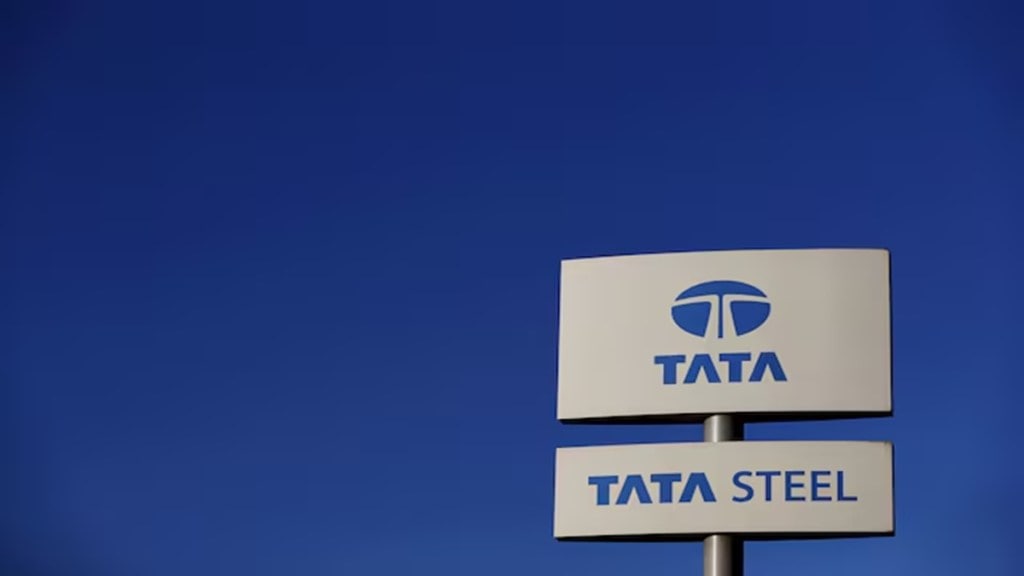Tata Steel UK’s export to the United States could be significantly impaired, with its £150 million annual trade facing disruption due to technicalities in the UK-US steel trade agreement. As the company transitions its Port Talbot plant from blast furnaces to an electric arc furnace (EAF), it has temporarily ceased melting and pouring steel in the UK, a requirement for tariff-free access under current US trade regulations.
The rule in question mandates that steel be “melted and poured” in the country of origin to qualify for tariff exemptions. With its blast furnaces now offline and EAF production not expected until late 2027, Tata Steel UK is reliant on importing steel substrates from its operations in India and the Netherlands. These are processed in UK mills into high-value products that serve key customers in the United States.
Rajesh Nair, CEO of Tata Steel UK, has urged the British government to renegotiate this clause with the US, as the requirement does not reflect the evolving nature of steel production in the country. “We are grateful for the work the UK government has undertaken so far in negotiating this trade agreement with the US administration,” said Nair. “However, Tata Steel UK will need to import steel substrate until electric arc furnace steelmaking is operational in Port Talbot from late 2027 onwards. It is therefore critical for our business that ‘melted and poured in the UK’ is not a requirement to access the steel quotas in any future trade deal.”
Despite not currently producing crude steel domestically, Tata Steel UK remains the country’s largest steelmaker. Nair said that the company’s operations continue to add significant value by transforming imported coils and slabs into specialised products not available from US producers, which are essential to customers across the Atlantic.
Nair further warned that even if a favourable arrangement with the US is achieved, the UK must still reassess its own steel tariff quotas to shield domestic producers from potential disruptions caused by redirected steel flows and global overcapacity. “We urge the government to secure a deal as soon as possible, and we would be happy to provide the US Government with any needed assurances on the provenance and processing of the steel we supply,” Nair added.
